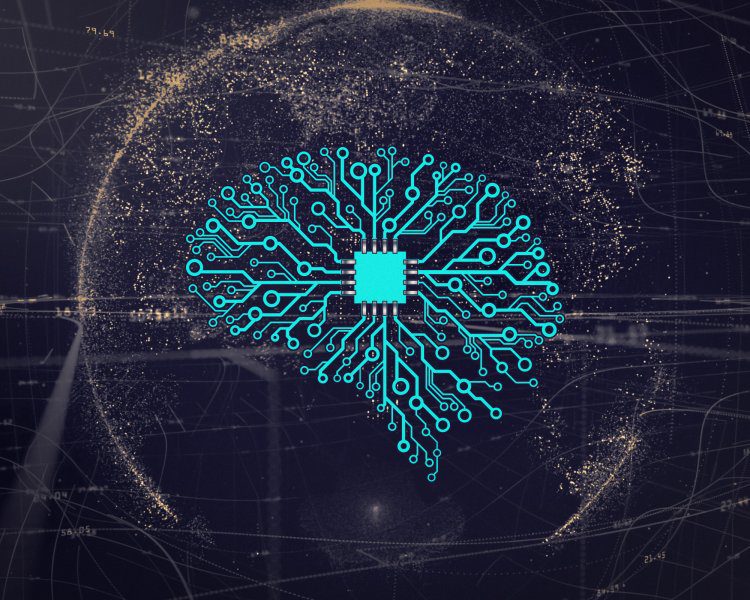The advancement of AI has revolutionized various industries, and education is no exception. Despite some concerns surrounding AI, such as students using ChatGPT to plagiarize their assignments, the numerous benefits it offers far outweigh the drawbacks.
One significant advantage of AI in digital education is the automation of grading and assessment tracking. By streamlining these processes, African teachers and lecturers can allocate more time to personalize the learning experience for their students. Furthermore, this automation allows educators to provide timely responses and proactively address issues affecting students.
AI technologies, particularly chatbots, introduce interactivity into the classroom. Educators can leverage chatbots to facilitate virtual classes, ensuring every student has their queries and concerns addressed in real-time. This interactive element is often lacking in the current learning landscape. For example, in some Kenyan universities, a single lecturer often teaches up to 200 students, but the recommended ratio is 30 students per lecturer.
More impressively, AI will enable students with disabilities to access education resources without many of the present limitations. For example, educators can use text-to-speech AI technologies to deploy education materials to blind students automatically.
The bottom line?
AI is set to play a crucial role in advancing digital education in Africa. However, to fully harness its potential, significant investments are required from governments, education ministries, and private organizations involved in the development and deployment of AI technologies.
Discover how DCA Academy is at the forefront of promoting AI-powered digital education in Africa.






